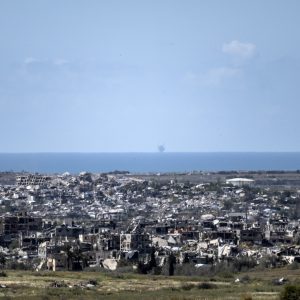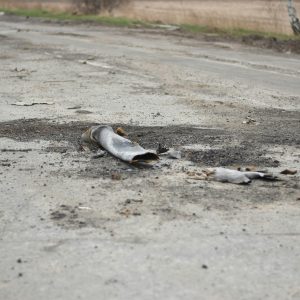78th anniversary of atomic bombings of Hiroshima and Nagasaki
HIROSHIMA, Japan – The world marks the 78th anniversary of the dropping of the atomic bombs on the Japanese cities of Hiroshima and Nagasaki on August 6 and 9.
Both cities were reduced to rubble in 1945, at the end of World War II.
The bombs killed over 140,000 people in Hiroshima and 74,000 people in Nagasaki.
The bombings led to Japan’s surrender and the end of World War II. They also ushered in the age of nuclear weapons and the Cold War.
The survivors of the bombings, known as hibakusha, suffer the effects of radiation exposure to this day.
The dropping of the bomb is a reminder of the destructive power of nuclear weapons and the need for disarmament.
The U.S. government argued that the bombing was necessary to shorten the war and save lives.
However, many historians believe that the bombings were not necessary and that Japan was already on the verge of surrender.
The bombings had a lasting impact on the Japanese population.
U.S. President Harry Truman had ordered the use of the atomic bombs to counter the Soviet threat in East Asia and Eastern Europe and to give the USSR a show of force.
Before the bombing, Japan had made a “negotiated peace” offer” to the Allies, but it was not accepted.
While the Americans put the death toll from the atomic bombing at 117,000, the Japanese spoke of nearly half a million.
The bombings ushered in the age of excessive force and cast the shadow of nuclear war from 1960 to 1990.
But they also secured peace in the world.
During the Cold War, the two nuclear powers — the United States and the Soviet Union — did not dare to declare war directly on each other.










